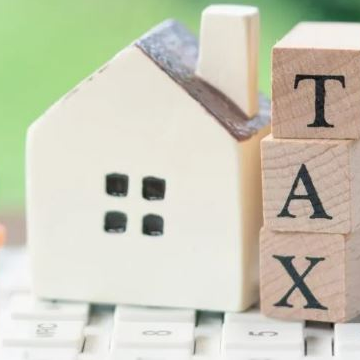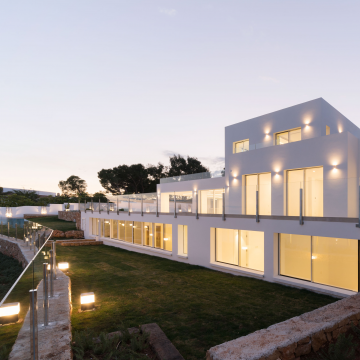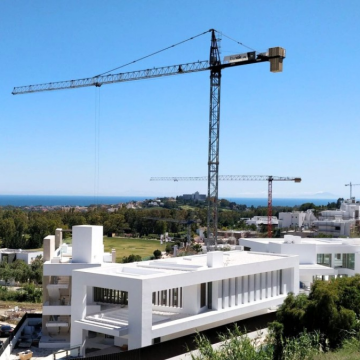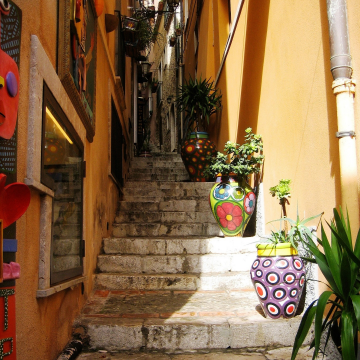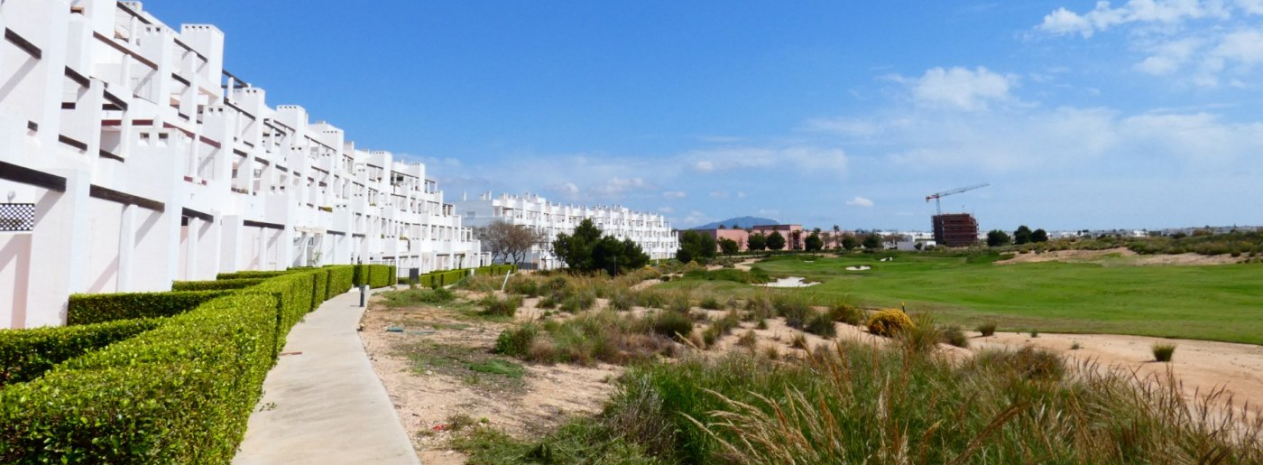
Frequently Asked Questions:
What documentation do I need to buy a property in Spain?
Upon finding your suitable property, you will need to obtain an NIE number (Numero de Identificación de Extranjero) – some Abogado’s (Spanish solicitors) can obtain this for you, they will have to obtain Power of Attorney to do this, if you are not available in person at the time. You will require a Spanish bank account also. We can also help with opening a Currency Exchange account, it is far cheaper than sending foreign currency directly from your bank.
What happens once a sale price is agreed for the property I want to buy?
Once a price has been agreed, we write up a Reservation Contract which has Name, Passport, NIE and solicitor information for both parties. It also has the agreed sale price, the 10% deposit to be paid and when, information regarding what is included in the sale and the proposed completion date for signing at the Notary (although this is not binding, depending on the circumstances of both parties). It is signed by the sellers and buyers and initialled on each page. Copies are given to both parties and also sent to each solicitor so they can proceed with the paperwork for the sale completion.
What deposit is taken when I agree to buy a property?
A holding deposit of a minimum of €3,000 is required from the buyer to put the property into "Reserved" and a Reservation Contract is drawn up for both buyer and seller to sign. This holding deposit is held in a Client Account until completion. To fully secure the sale of the property, the buyer is required to pay a deposit of 10% of the purchase price, normally within 14 days from the signing of the Reservation Contract, and this is paid to the seller solicitor. This deposit is non refundable to the buyer if they decide not to proceed with the transaction (unless a mortgage is involved). Should the seller withdraw from the sale then they are obliged to refund the 10% deposit plus a further 10% to the buyer. The Property Group retains €3,000 to cover all marketing and administration fees should either party withdraw from the sale after the signing of the Reservation Contract.
Is a survey a legal requirement when buying in Spain?
If you are a cash buyer, then the choice is yours. If it is an old property then obviously we would recommend that you have one. If you are purchasing via a mortgage then yes the bank automatically insists on one.
What are the purchasing costs?
You will have to obtain an NIE number for all who will be named on the Escritura/Deeds. Notary fees, solicitor fees, land register, water and electricity contracts, and IVA of 8% if resale and 10% if new build, of the purchase price. We always say allow 13% of the purchase price to cover your costs, that is a maximum. Some solicitors will give you a package including all relevant costs, it’s worth asking. If giving Power of Attorney, then this fee is always separate.
How long is the purchase to completion process?
The timescale really depends on whether it is a straight forward cash sale or mortgage. If it is a straight forward cash sale, then the completion date is agreed at the time of negotiations. The solicitors for both parties will keep you updated on the timescales. This can be anywhere between 2 weeks to 6 months, sometimes longer depending on buyers/sellers circumstances.
PURCHASING PROCEDURES
The Spanish legal system guarantees the legal security of property owners. Several actions have to be taken to inscribe the purchase of a property in the Land Registry, thus guaranteeing the right over the property.
There are four phases:
- Prior signing the title deeds before a Notary.
- Signing the title deeds before a Notary.
- After signing the title deeds.
- Expenses.
1. PROCEDURES BEFORE SIGNING THE TITLE DEEDS:
In the case the buyer is a foreigner non resident in Spain, a resident card must be issued, even if their residence is in a European Union (EU) country, and he must be registered in the Spanish Treasury, paying taxes in Spain as a resident. In addition, he must have a passport in force when signing the deeds and the Foreigner Identification Number (NIE), document that has to be applied for at the local Police Station of the area in which the property is situated.
The NIE is an administrative control number issued by the Home Office, essential to pay the taxes inherent to the purchase of the property. The NIE has to be applied for directly by the interested person, or by a representative specially authorized through a Power of Attorney granted abroad, as the ones granted in Spain are not admitted to apply for the NIE in the name of the interested person.
As well as the specific form, the following documents should be presented to apply for the NIE; the original and a copy of the Power of Attorney if it is applied for through a representative the original and a copy of the passport (being valid either a consular or a notary copy) a copy of the document that proves why the person interested is applying for a NIE, which in this case would be the private purchase contract, however, if the person is from the EU there is no need to provide the copy of the contract.
If the buyer is a foreign company, a CIF (company registration number) should be provided to purchase a property, with no significant differences in respect to a single person buying a property. The most significant one will be the possibility to decide regarding the application of VAT when the company sells the property owned, if both parts agree and it is of interest to both, for which each case should be studied separately.
Before signing any documents that may link us to the property, we have to assure there are no pending charges, for which we should request a certificate from the Land Registry (Nota Simple Informativa) where the property is registered, providing Volume, Book, Sheet and number of the plot. If the property is of new construction and the contract is signed before the individualization of the different apartments, you will only be able to request the information of the plot where the promotion is being built, to know of any existing charges that the apartments or plots could inherit in the future.
It is advisable to check if the property is subjected to the payment of community fees, if there are any due and have been paid (generally this is not the case in properties of new promotion), as well as the corresponding payments to the Town Hall, to assure there are no debts in the Property Tax, Rubbish Collection Rates or any other rate or tax set by the Town Council.
The corresponding procedures should be done to obtain mortgages or other credits, if needed to finance the purchase of a property.
It is necessary to sign, prior to the title deed, a contract of sale and purchase, of call option or of deposit, where the price is established, the property bought is settled and the conditions (deadline for title deeds, distribution of expenses,…), clearly stating if VAT has to be added to the price, as in the case of newly built properties, and the applicable rate according to the type of the property and its characteristics.
2. SIGNING OF TITLE DEED BY NOTARY:
This phase consists in signing the title deed before a Notary, allowing us to register the property in our name. The stated document has to include the conditions agreed for the sale and the following documentation must be presented to attach to the title deed: Valid passport. NIE.
Proof of the payments made before the signing of the deeds, to certify its real existence, legal obligation set to avoid money laundering. Written proof of the means used for the payments made when the deeds are signed (cheques, bills of exchange, promissory notes, bank transfers, mortgages, …). In the case of being a non-resident foreigner, including an EU citizen, proof of the origin of the total funds used in the purchase should be presented, both in payments prior to the signing and when the deeds are signed. The bank that has received the funds must certify its origin from a non resident account, to whom they have been credited to and the property involved, identifying it (certificate of investment). The vendor must provide the last receipt of the property tax payment (IBI), with an expired paying date, clearly showing the property reference at the Land Registry.
3. AFTER SIGNING THE TITLE DEEDS:
Independently from the fiscal obligations of the vendor, who has to pay the Capital Gains Tax (Plusvalía), it is usually the buyer who runs with the legal expenses involved in the property purchase. However, both parties can previously agree a different distribution of the charges generated till the moment the purchase is registered in the Land Registry. Nevertheless, the procedures followed after the signing of the title deeds are:
Withdrawal of the title deed from the Notary office. The notary expenses of the purchase procedure usually represent a 0,25 % of the sale price (mortgage aside), however, they can vary depending on the number of pages of the deed, the number of sellers and buyers and on the number of properties involved. Tax settlement is required in a maximum of 30 days from the date of the signing of the title deed, made payable in the Settlement Office (Oficina Liquidadora) of the Local Government (Junta de Andalucía) situated next to the Land Registry Office where the property is located, having to pay 1% of the purchase price in properties with added IVA 8% of the price in properties with no added IVA (ITP); Presentation and registration of deeds in the Land Registry Office where the property is located. The registry expenses are approximately a 65 % of the notary expenses.
4. EXPENSES:
- Notary: Approximately 0,25% of the sale price.
- Registry: Approximately 65% of the notary expenses.
- Lawyers: Their intervention is not obligatory and is usually 1% of the price, plus VAT





